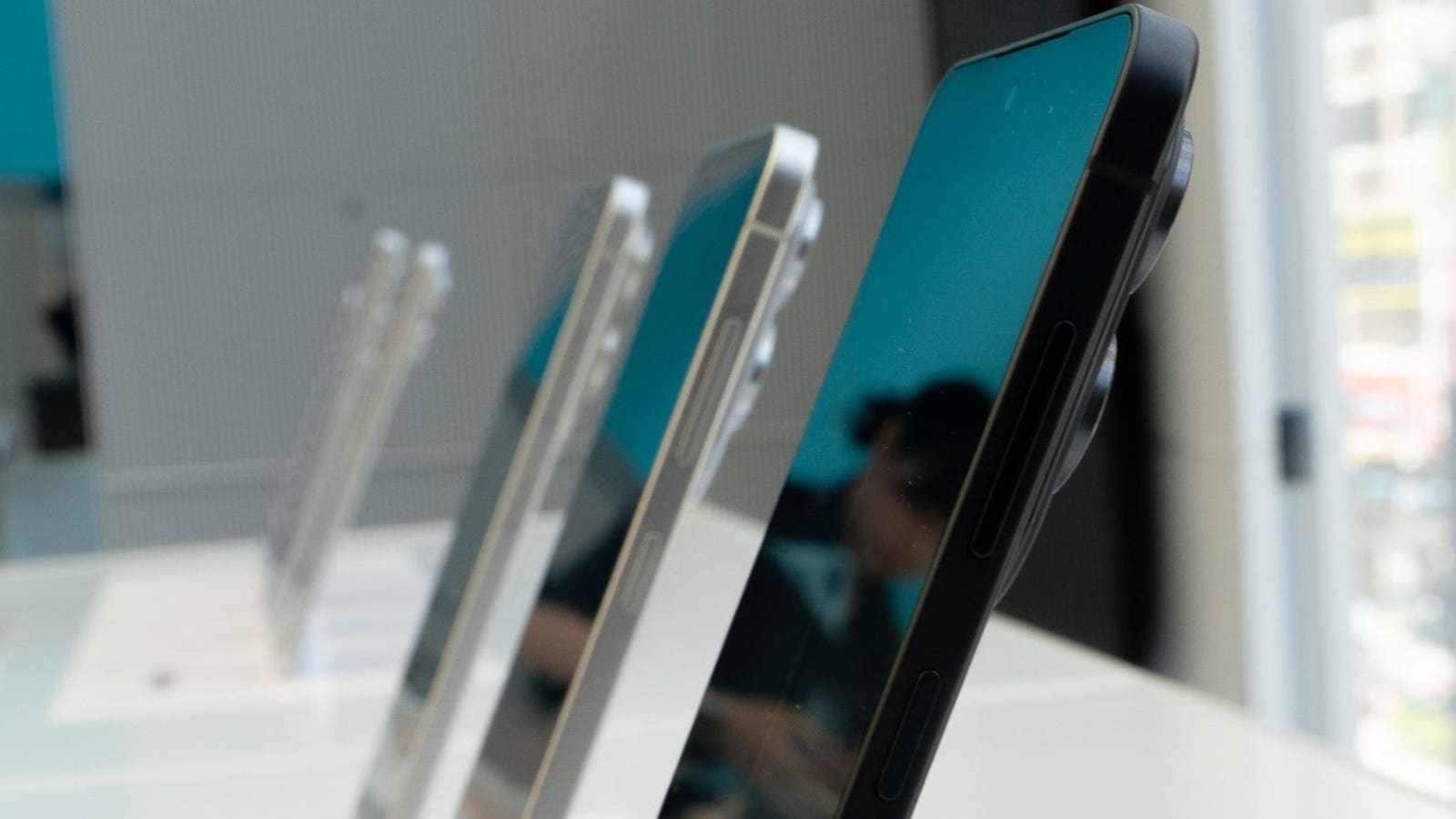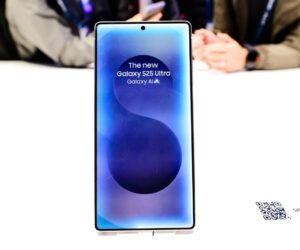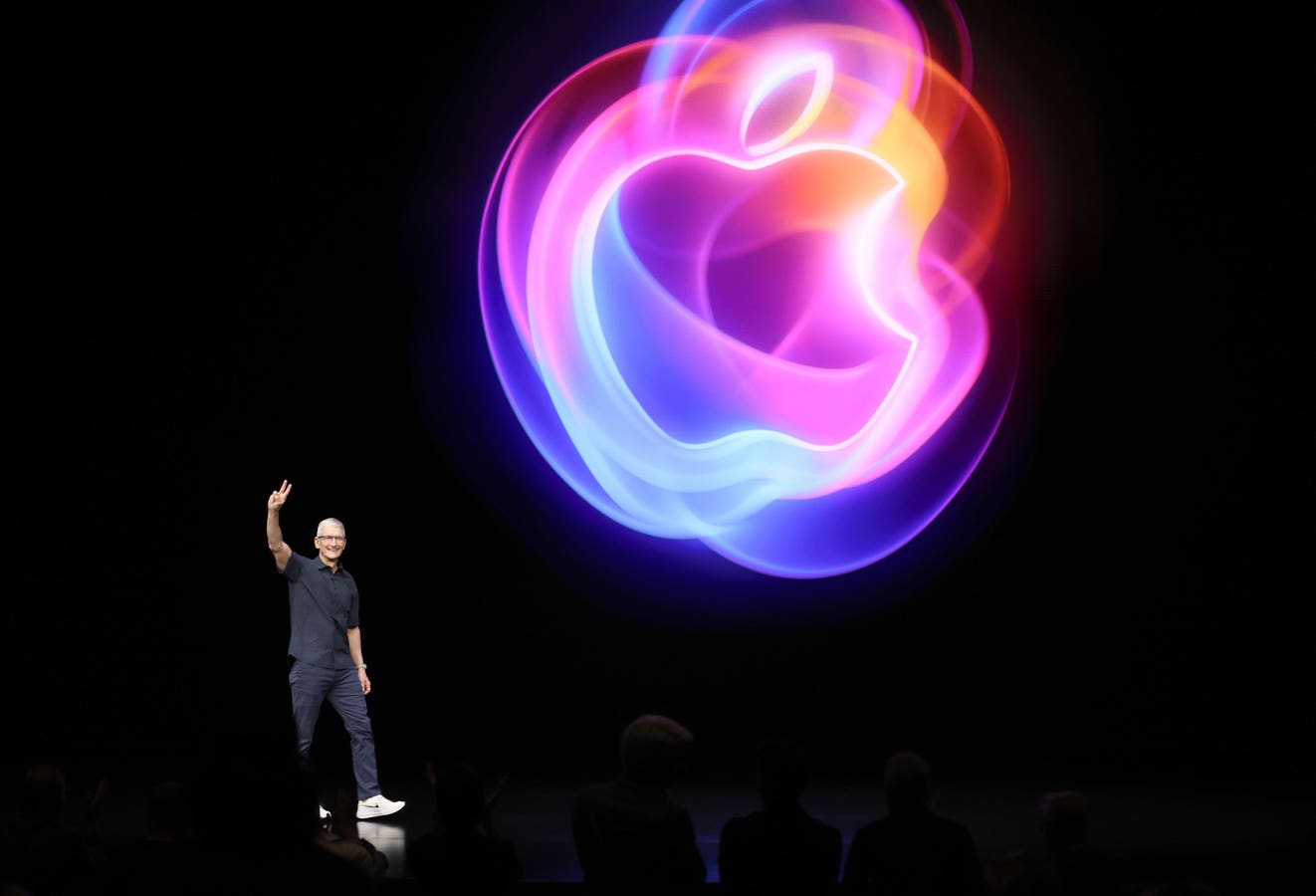All change for Android?
Despite the glitz of Google’s Android I/O, there’s a new problem that’s now the biggest threat to the world’s leading OS since inception. Whisper it quietly, but everything could suddenly change — not immediately, but when it does there will be no turning back. This impacts Samsung most and for Galaxy users it completely changes your phone.
Google has essentially challenged Samsung to recover from its One UI 7 nightmare in the next few weeks, restoring confidence in Android’s leading OEM. Android 16, says Google, will rollout to Samsung and other OEMs “starting this summer.”
Not Pixel, though. Android 16 will come to Google’s phones weeks if not months before any others. Per Android Police: “Why should someone who spent over $1,000 on a flagship Samsung device have to wait for features available on a $499 Pixel?”
Good question. Samsung is Android’s leading OEM, outelling Pixels more than 10 to 1. Pixel isn’t even second. China’s leading OEMs all dwarf Pixel as well. Xiaomi, Oppo and Vivo all outsell Pixel several times over. As does Huawei — albeit those phones now run their own OS and are Google-free. Watch this space. There’s now talk in China that those other OEMs may join Huawei in ditching Android for a Made In China OS.
Huawei’s OS was conceived as an IOT architecture that was then expanded to phones when U.S. sanctions hit. It’s leaner and better optimized for today’s devices, and it underpins an Apple-like connected ecosystem. Android, in contrast, seems bloated.
If China does split, Android would essentially be all about Samsung. The vast majority of Android phones would all come from the Galaxy-maker. And yet its OS would come from the Pixel-maker, which has now joined its mobile phone and mobile phone OS teams within a single unit. It’s hard not to see the problem. This won’t work.
This disconnect is becoming ever more apparent. We saw it with Samsung’s Android 15 delays and we see it each month with a complex security update that is shamed by Pixel’s efficient Apple-like approach. Pixel doesn’t flex its OS for carriers, and so it’s a one-and-done deal to update its ecosystem. Samsung takes the full month to deploy, and users of all but the latest flagships often wait weeks for critical updates.
This is now being called out by Android users. “Why pick Pixel over iPhone or Samsung,” a Reddit thread has just asked. “Why do you choose to use a Google Pixel (let’s say the Pixel 9 Pro) over a Samsung or iPhone, given that the Pixel may have slower software and hardware?”
Per Droid Life, the response that “basically covers what almost everyone said in summary format” is clear and neatly frames the problem: “Against Samsung, Pixel has arguably better cameras, better AI features and a non-bloated version of Android. I’m not sure how true this is, but I also assume Pixel’s version of Android should be better optimized for the hardware considering the hardware and software are both made by Google, kind of how Apple makes both iPhones and iOS.”
Arguably Pixel does compete with iPhone, but only really in the U.S. and only to a limited extent. Apple sells as many (and sometimes more) phones than Samsung. But it’s the Galaxy-maker that really competes with Apple, its S25 Ultra is Android’s nearest thing to an iPhone killer. But can Samsung really compete with iPhone when it doesn’t own the full hardware and software stack? Not long term.
For Samsung owners this disconnect completely changes your phone. It holds up monthly updates and has even resulted in missed CISA update deadlines in the U.S., as an increasing number of Android zero-days are flagged and patched. And it delays Google’s security innovations such as live threat detection and scam defenses.
All told, this is a big summer for Android. Not in the U.S., with Google’s glitzy Android I/O announcements, but in quieter corridors in Seoul, Guangdong and Shenzhen where the future of Android as we know it today is more likely to be decided.








